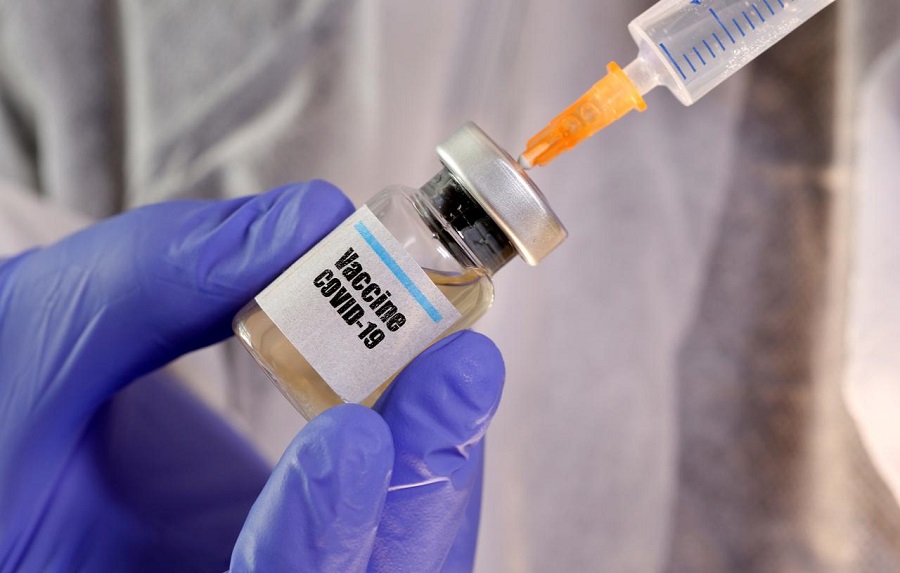The United States on Sunday began nationwide distribution of the Pfizer/BioNTech Coronavirus (COVID-19) vaccine barely two days after its approval for emergency use.
The move marks the start of a historic vaccination campaign aimed at checking a raging virus that is killing no fewer than 2,000 Americans daily.
- I’m Not Scheduled To Get COVID-19 Vaccine – Trump
- Oil Prices Rise On Vaccine Hopes, Ship Explosion At Saudi Arabia
Officials say the government is aiming to inoculate no fewer than 100 million or 30 per cent of the country’s population by the end of March, 2021.
According to Reuters, trucks loaded with the first shipment left the Pfizer factory in Kalamazoo, Michigan, on Sunday evening under tight security.
Hospitals are reportedly preparing to administer the first shots, first to high-risk health care workers, nursing home residents and staff.
The Federal Government is coordinating the distribution of the vaccine to 600 locations nationwide under its Operation Warp Speed programme.
Director of the programme, Dr Moncef Slaoui, told Fox News that the country was targeting the delivery of 40 million vaccine doses, enough for 20 million people, by the end of December.
However, there are challenges, including widespread hesitancy by members of the public based on the fear that the vaccine would alter deoxyribonucleic acid (DNA).
Noting that the government was “very concerned” about the public reluctance, Slaoui said it was important that Americans took the vaccine.
Among experts trying to allay the public fear is Dr Onyema Ogbuagu, a Nigerian-American infectious disease researcher at Yale University, U.S.
Ogbuagu told participants in a virtual forum on COVID-19 on Saturday that the Pfizer/BioNTech vaccine would be the “final nail on the coffin” for the virus.
“I want to be very clear on this, messenger mRNA vaccine does not enter the nucleus.
“They don’t incorporate into the host DNA and so there should be no concerns about it altering human genomes.
“It does not alter DNA; it doesn’t make you a zombie; it doesn’t alter your genetic makeup and we don’t expect any interference with that,” he said. (NAN)

 Join Daily Trust WhatsApp Community For Quick Access To News and Happenings Around You.
Join Daily Trust WhatsApp Community For Quick Access To News and Happenings Around You.


